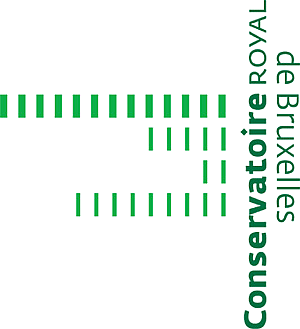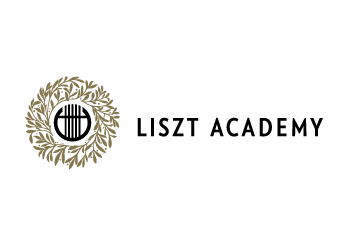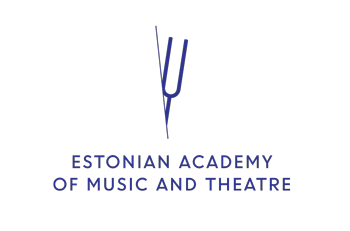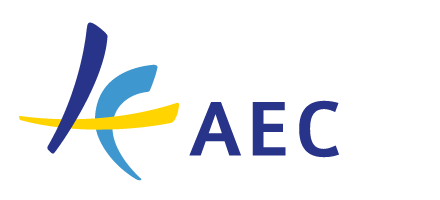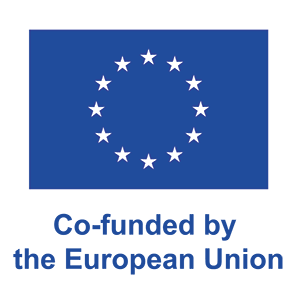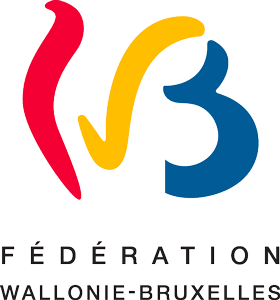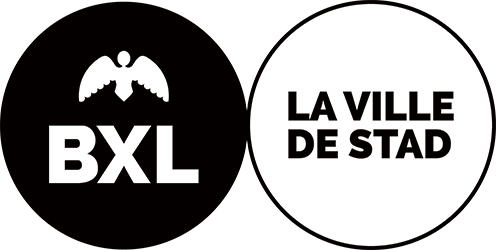The book is the third volume of a four-volume series of music history textbooks, all by the same author. What is considered the main merit of the series is that, while avoiding overload of facts or overly specialized language, it aims rather at prompting an understanding of historical processes and at presenting history of music in wider context of art, culture and social processes. Attractive layout and accessible language make the series suitable also for younger students of high school level. Volume 3 revolves around the 20th century music, providing information about compositional techniques, styles and most notable composers and works of the period.
Be a part of our european project !
This European project (KA 203 Strategic Partnership) created by Salvatore Gioveni promotes cross-border collaboration in the field of Music Theory through sharing knowledge and transferring pedagogical innovation. It thus responds to a lack of centralised source and framework to deepen reflection by means of cross-disciplinary study at European and international level.
There is a significant wealth of educational practices from one country to another in this sector, especially in terms of harmonic musical notation and analysis. However, HMEI's are facing the nonexistence of a European network for pedagogical staff in Music Theory so far. To improve the situation, the project will among other things develop several intellectual outputs such as Online Platform (IO 1), an EU Bibliography (IO 2), a Repository Courses (IO 3), a Multilingual Glossary (IO 4) and an Exchange Online Learning Platform.
Besides the Conservatoire royal de Bruxelles as leader and manager of the project, the following partner institutions are involved: Music Academy S. Moniuszki Gdańsk (Gdańsk, Poland), F. Liszt Academy of Music Budapest (Budapest, Hungary), Estonian Academy for Music and Theatre (Tallinn, Estonia), HfMTh "Felix Mendelssohn Bartholdy" (Leipzig, Germany).
 | 2024
| 2024
